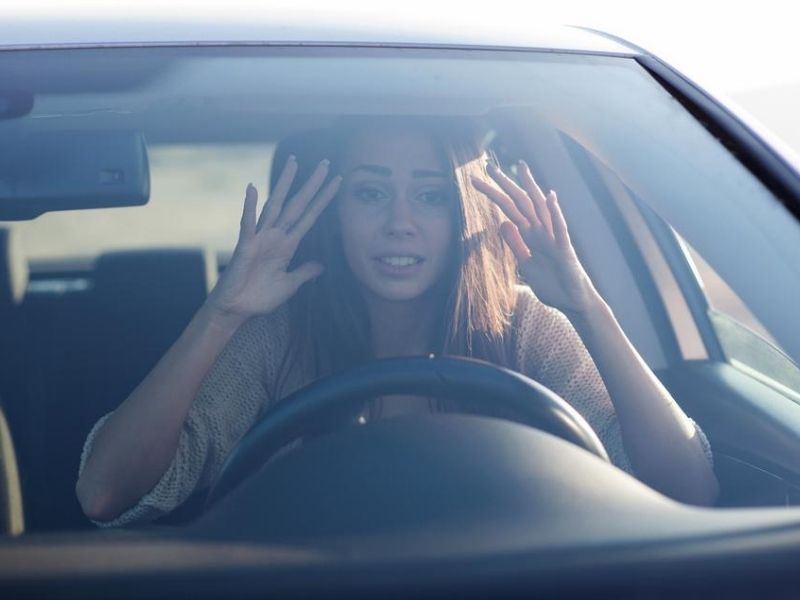When you rent a vehicle, the last thing you want to worry about is getting into an accident. However, accidents do happen, especially when you least expect them. Being prepared with the right insurance coverage is the best thing you can do to protect yourself from unexpected costs, but the process is a little different from a normal accident.
Who’s Responsible?
After a wreck with a rental, you might wonder who to call if you’re injured in a car accident. The police and your insurance company should be first on the list, allowing the claims process to get started. An attorney is also highly advised.
It’s important to remember that you are responsible for any loss or damage to the rental vehicle. The rental center expects you to return the vehicle in the same condition it was in when it left their business. Whether or not you are at fault, you are contractually obligated to do so.
Who’s at fault for the accident itself is still determined as usual, but who covers damages to the rental changes. Ultimately, it depends on the type of insurance you’ve chosen to rely on. The following are various ways you can cover the damage.
Personal Car Insurance
You likely have your own personal car insurance if you own or regularly operate a vehicle. Most rental companies will ask you to provide proof of insurance coverage if you refuse liability coverage or the collision waiver. Although most personal car insurance companies will grant coverage that is similar to what the rental company offers, you may be responsible for additional costs if your insurance doesn’t fully cover it.
Credit Card Company Rental Car Insurance
In most cases, when you use a credit card to pay for a car rental you automatically have rental insurance. Although your credit card company may cover any damage to the rental car, the credit card company rarely contributes to covering liability costs.
Property damage and medical expenses may be higher than the cost of the vehicle, too, so liability insurance is arguably the most important aspect and should be purchased additionally from the car rental company.
Rental Car Company Insurance
The first type of added insurance is a Collision Damage Waiver. This is always optional and an added cost. Also known as a loss damage waiver, the rental company will forego any repair or replacement costs if the vehicle suffers damage or is stolen during the rental period. Exceptions usually include unauthorized drivers and damage caused by reckless driving.
Liability Coverage
Also typically at additional cost, this insurance covers property damage and medical expenses for other individuals when you’re at fault. The rental company’s liability coverage will usually overlap with your personal car insurance, but keep in mind that state minimum coverage may not be enough to fully protect you from additional costs.
Personal Accident Insurance
This insurance provides coverage for any injuries that occur to you or your passengers while you’re driving a rental vehicle. It may also pay for any medical expenses, ambulance rides and even death benefits. If you have personal injury protection with your personal insurance, this coverage may overlap. However, you should check with your insurance company to be sure.
Personal Effects Coverage
This insurance will cover any damaged or lost personal property that was in the rental vehicle at the time of the incident. Homeowner’s and renter’s insurance may provide coverage in these situations but be aware that you may have to pay a deductible to file a claim with your personal homeowner’s insurance.
If someone hits you while you’re driving a rental car, just as in any other accident, be sure to exchange contact information, insurance documentation, and driver’s license and plate numbers. The insurance companies will determine who’s at fault, and the responsible party will be held accountable to pay for any damages.
